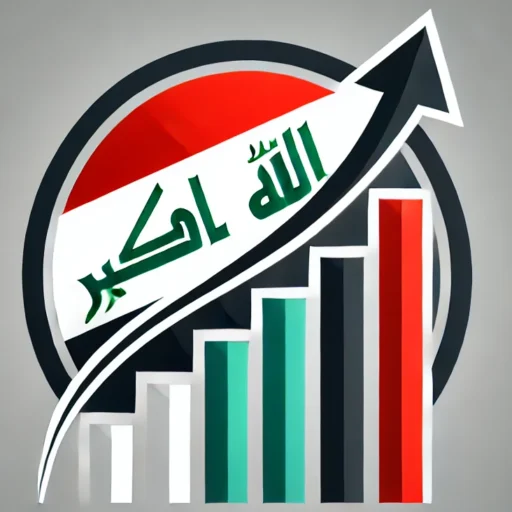Impact of U.S. Gas Import Suspension from Iran on Iraq’s Economy
The head of the Finance Committee in the Iraqi Parliament, Atwan Al-Atwani, has issued a critical warning regarding the potential economic fallout from the U.S. government’s decision to suspend gas imports from Iran. He cautioned that such a move could jeopardize Iraq’s stability and lead to catastrophic economic consequences.
Potential Economic Collapse
Al-Atwani emphasized that Iran is a vital provider of gas, crucial for Iraq’s power generation. The sanctions imposed by the U.S. could severely disrupt the energy supply chain, pushing Iraq towards an energy crisis. He argued that any disruption in gas imports would negatively affect electricity production, essential for both residential and industrial sectors in Iraq.
In his message to U.S. officials, Al-Atwani called for reconsideration of the sanctions, highlighting the interdependence between these nations. He stressed that the gas imported from Iran constitutes a significant portion of Iraq’s energy requirements, and the suspension could lead to a surge in energy prices and increased public discontent.
Current Energy Landscape
Iraq has long relied on Iranian gas to alleviate domestic energy shortfalls. The country’s dependency underscores the critical need for stable energy sources amid ongoing economic recovery efforts. The potential cessation of these imports could not only impact electricity generation but also hinder the revival of various sectors stunted by energy deficiencies.
Al-Atwani’s remarks reveal a pressing urgency for Iraqi leaders to seek alternative solutions, including investments in local energy production and diversification of energy sources. The unfolding situation necessitates strategic discussions between Iraq and the U.S. to navigate the challenging economic implications effectively.
This development serves as a reminder of the intricate balance required in international relations affecting national economies, and how geopolitical decisions can reverberate through local markets, impacting both government stability and citizen welfare.
Conclusion
As Iraq braces for the potential repercussions of the U.S. gas import suspension from Iran, it becomes increasingly evident that collaborative dialogue and strategic planning are essential for safeguarding economic stability. The Finance Committee’s stance underscores the intersection of foreign policy and economic resilience, a critical consideration as Iraq navigates its path forward in an uncertain global landscape.

